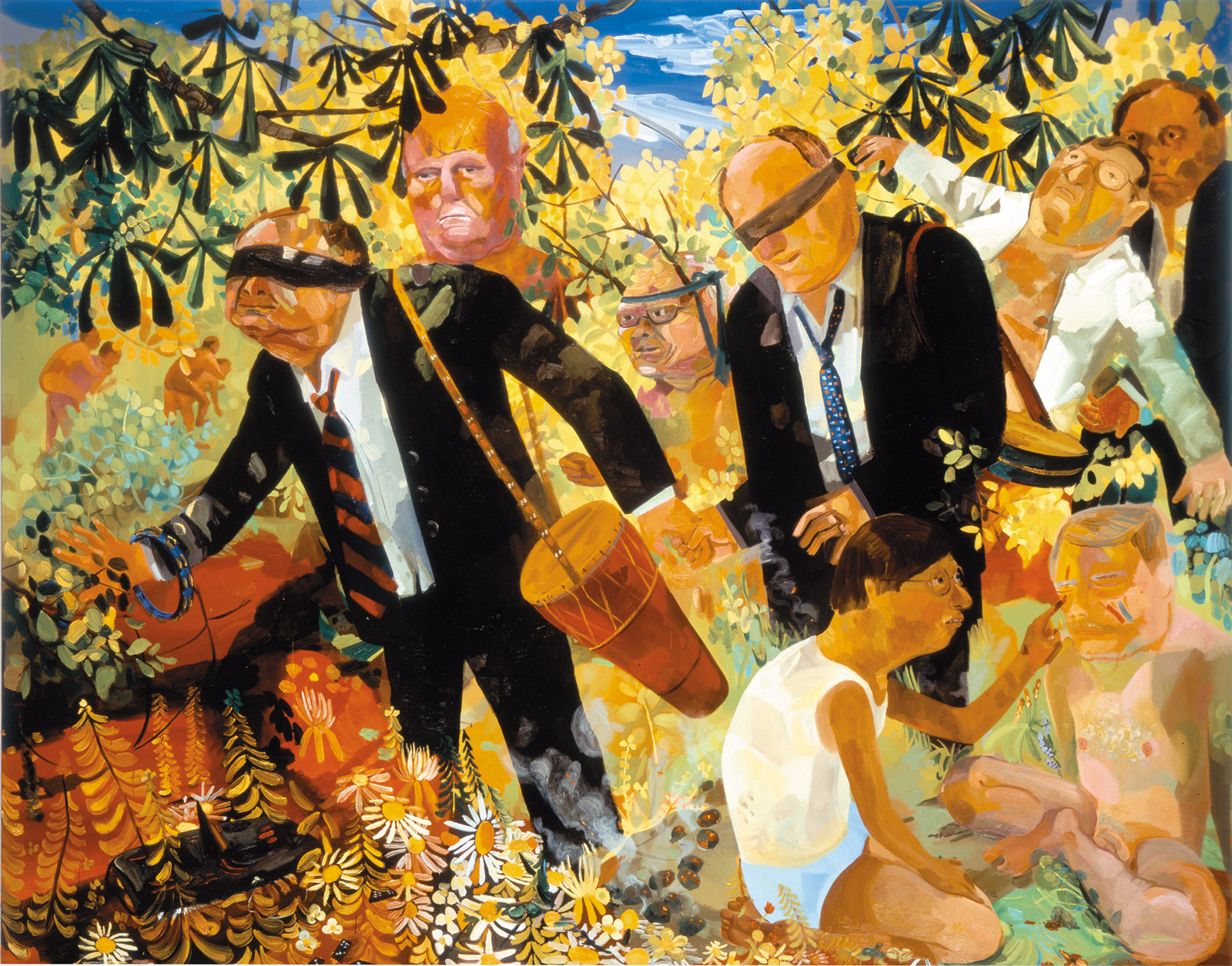Copying and pasting emails. Inventing meaningless tasks for others. Just looking busy. Why do so many people feel their work is completely unnecessary?
Articles
Articles and publications

“Never Mind Us!”…to the question of normality
On November 9, the day Germany celebrated the 30th anniversary of the fall of the Berlin Wall, standing on Alexanderplatz, we observed something extraordinary: nobody was there.
A Democratic Multitude
Any way you measure it, November’s European Social Forum was a spectacular success. After the nightmare of the G-8 meetings in Genoa a year and a half before, the prospect of any large-scale convergence of globalization activists in Italy was a matter of widespread trepidation.
A Moment of Peace
10 million people gather worldwide to protest Bush’s plans for war
10 million people gather worldwide to protest Bush’s plans for war. The massive, coordinated outpouring of anti-war protest in more than 600 different cities across the globe on February 15 was something unprecedented in world history.

A practical utopians guide to the coming collapse
What is a revolution? We used to think we knew. Revolutions were seizures of power by pop- ular forces aiming to transform the very nature of the political, social, and economic system in the country in which the revolution took place, usually according to some visionary dream of a just society.

A response to Anastasia Pillavsky
I’ve been asked to respond to the review of Utopia of Rules by Anastasia Piliavsky, but I must confess I find myself rather at a loss for how to do so.
The book is a collection of essays (I had originally wanted to call it “Three Essays on Bureaucracy”) which I had hoped might spark a debate about what I call the present “age of total bureaucratization.”

After the Jubilee
If you look just at how things look on paper, the entire world is awash in debt. All governments are in debt. Corporate debt is at historic highs. And so is what economists like to call “household debt” — both in the sense of how many people are in the red, and the sheer quantity of what they owe.

Against Economics
There is a growing feeling, among those who have the responsibility of managing large economies, that the discipline of economics is no longer fit for purpose. It is beginning to look like a science designed to solve problems that no longer exist.

Against Kamikaze Capitalism: Oil, Climate Change and the French refinery blockades
On Saturday, 16th October 2010, some 500 activists gathered at convergence points across Lon- don, knowing only that they were about to embark on a direct action called Crude Awakening, aimed against the ecological devastation of the global oil industry, but with no clear idea of what they were about to do.

America’s Kurdish allies risk being wiped out–by Nato
Remember those plucky Kurdish forces who so heroically defended the Syrian city of Kobane from Isis? They risk being wiped out by Nato.
The autonomous Kurdish region of Rojava in Northeast Syria, which includes Kobane, faces invasion.
Among the Thugs
Genoa and the new language of protest.
Compare two abandoned streets in Genoa during the weekend of the G8 summit, immediately after confrontations between protesters and police.

Anarchism, Or The Revolutionary Movement Of The Twenty-first Century
It is becoming increasingly clear that the age of revolutions is not over. It’s becoming equally clear that the global revolutionary movement in the twenty first century, will be one that traces its origins less to the tradition of Marxism, or even of socialism narrowly defined, but of anarchism.




